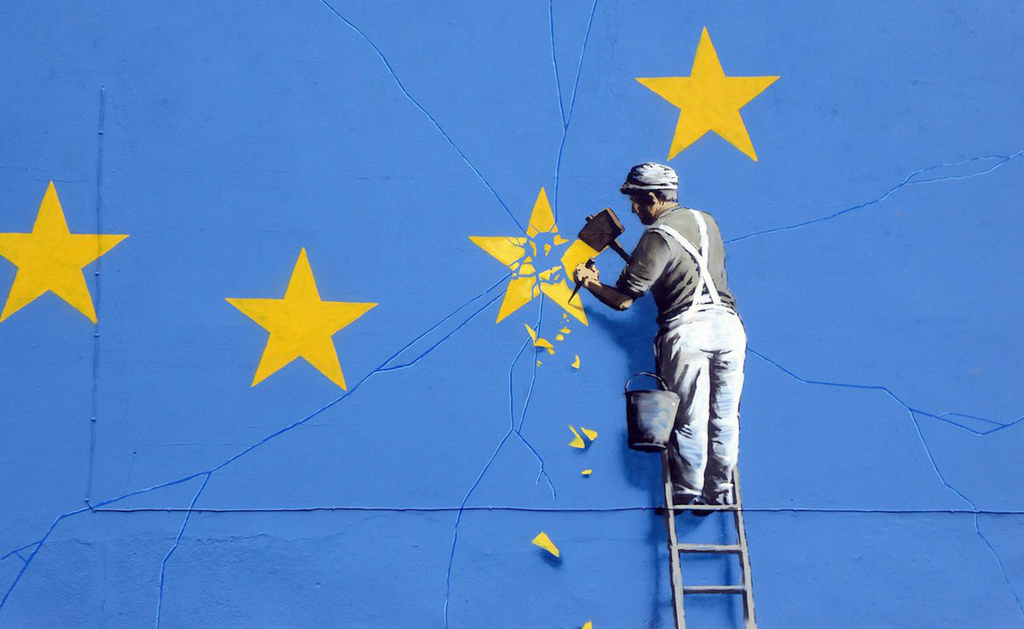Women and Brexit: It’s not good

Brexit, it seems, has the potential to impact women’s lives—negatively. A report out this month warns that women’s rights may no longer be safeguarded once the UK leaves the European Union. Employment protections and funding for women’s services are at particular risk of losing ground, says Britain’s Equality and Human Rights Commission. The independent commission says existing human rights protections must be guaranteed in the EU withdrawal agreement.
In the report, which was released Monday, the commission calls on the UK to introduce new legislation to ensure that these protections do not fall by the wayside. It’s also urging the government to “ensure that the loss of EU funding does not undermine the UK’s equality and human rights infrastructure, including the already scarce funding available to specialist services, such as those that support women survivors of violence and domestic abuse.”
Since voting to leave the EU in June 2016, the UK has struggled to craft an exit plan from the bloc that satisfies both British politicians and EU negotiating partners. The current government has maintained that the protections enshrined in the 2010 Equalities Act, including several EU-specific equal treatment rules, will continue to apply after Britain leaves in the EU. But the latest Brexit bill, which was introduced in Parliament earlier this month, does not include this political commitment in the text. If the bill passes in its current form, Britons would lose several protections currently enshrined in law, including the right to dignity, the right to non-discrimination, and the right to fair and just working conditions.
It is not just a matter of a guarantee on rights. Money is at stake as well. Britain will stand to lose funding for equality when it leaves the EU. Wales alone currently receives £370 million (US$496 million) a year from the EU to fund a variety of programs, including one meant to tackle the underlying causes of the gender pay gap, according to the report.
In addition to raising concerns about the possible implications of Brexit on women, the report also explores the current state of gender equality in the UK. Women do not have equal representation in government, making up just 32 percent of members of Parliament in the House of Commons. A mere 4 percent of MPs are women of color.
The British government’s austerity measures—including cuts to legal aid, and changes to tax and welfare policies—have also affected women. Domestic violence services have been particularly impacted, with a significant proportion of domestic violence shelters being shuttered due to funding cuts. On just a single day in 2017, 94 women and 90 children in England were turned away from shelters, primarily due to a lack of space, the report says. Specific shelters for women of color have had their funding cut by 40 percent.
“The priority must now be ensuring that women and girls of all ages can enjoy their basic right to feel safe in their everyday lives,” said the commission’s chief executive, Rebecca Hilsenrath, in a statement. “Our recommendations are intended to improve the lives of women and girls and to protect their fundamental rights.”
More articles by Category: International, Politics, Violence against women
More articles by Tag:



























